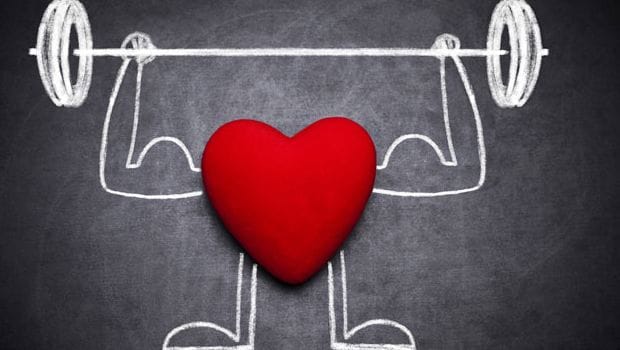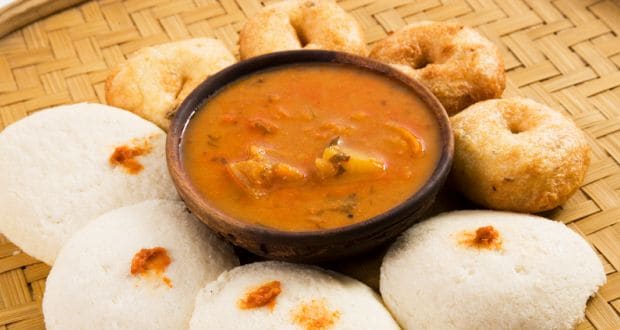Milk is the first food for most mammals, in the form of mother's milk. Milk as a part of agriculture is often referred to as dairy farming or dairy milk. Cows and buffaloes are the primary sources of milk in India, though milk from goats and camels are also consumed in parts where these animals are found. As the first food for the new born, milk provides all the nourishment the baby needs, and in addition, it provides the first immunity to protect the child against infections. Milk in childhood and adolescence is an essential food because it provides all the important nutrients required for a growing child. Mostly recognised for its role in development of critical bone mass in childhood and adolescence, milk is also a source of many other important nutrients like quality proteins, potassium, and vitamins A and B12.
(Also Read: Is the Milk You're Drinking Safe? 4 Easy Ways to Spot Adulteration)
Milk Nutrition:
| Per 100ml | Cow Milk | Buffalo Milk |
|---|---|---|
| Water | 86g | 80g |
| Protein | 3.2g | 3.6g |
| Fat | 4.4g | 6.6g |
| Carbs | 4.9g | 8.3g |
| Energy | 72.8Kcal | 107.3Kcal |
| Folates | 7.03mcg | 8.57mcg |
| Calcium | 118mg | 121mg |
| Phosphorus | 96.5mg | 86.9mg |
| Saturated Fat | 2707mg | 4630mg |
| MUFA | 1214mg | 1919mg |
| PUFA | 138mg | 200mg |
| Lactose | 4.28g | 4.12g |
(Also Read: Should You Be Drinking Skimmed Milk?)
 Milk is an excellent source of many other important nutrients like quality proteins, potassium, and vitamins A and B12.
Milk is an excellent source of many other important nutrients like quality proteins, potassium, and vitamins A and B12.Health Benefits Of Milk Go Beyond Just Bone Formation And Health:
Boosts Heart Health
Our heart's health is directly linked to consumption of a healthy diet, comprising whole grains, fresh fruits and vegetables, healthy oils and fats, and low fat and skimmed milk. Scientific evidence has pointed towards the facts that not just single nutrients but multiple nutrients in combination - like potassium and calcium - have the most effect on heart health. It further revealed that these nutrients when derived from food along with other essentials have a positive effect on our heart and overall health. Milk is an excellent source of both these minerals along with other essential nutrients.
(Also Read: 11 Best Milk Recipes | Easy Milk Recipes)

Milk Nutrition: Drink milk everyday to keep your heart healthy.
Helps Manage Diabetes
A study, published in 2014, linked the regular intake of yogurt to preventing onset of type 2 diabetes. Milk and its products are low GI foods due to the presence of its most prominent carb, lactose. The proteins in milk also help slow down its digestion and improve the post meal sugar spike. Studies conducted on lacto vegetarians, who consume milk regularly, found less incidences of type 2 diabetes.
Promotes Sound Sleep
Milk has a good amount of choline, which enhances sleep, muscle movement learning and memory. Tryptophan linked to a good sleep is also present in milk. The combination of carbs and proteins in milk makes it a good bedtime drink, which helps with a goodnights sleep.
(Also Read: Should You Boil Milk Before Drinking it?)

Milk Nutrition: Have a glass of warm milk before going to bed for sound sleep.
Gut Friendly
Probiotics are helpful bacteria that are naturally present in our gut; they maintain our digestive health and help fight bad bacteria. Fermented milk like yogurt is one of the natural probiotic foods that help boosting digestion and manage lactose intolerance.
Milk Carbs And Lactose Intolerance
While the nutritional and health benefits of milk are well known, lactose intolerance is on a lot of peoples mind and keeps them from drinking up milk. Lactose is the main carbohydrate present in milk and is made up of two simple sugars - Glucose and Galactose. The enzyme needed to digest this is called lactase. It is abundant during infancy and childhood but may gradually decrease in adulthood. Lactose intolerance is highly prevalent in populations of North America, Asia, Africa, and Hispanics, but in Northern European population the incidence is low. In India, according to a cross population study, South Indians were more lactose intolerant (66%) while North Indians were found to be less lactose intolerant (16%). Lactose intolerance and milk allergy aren't the same thing.
(Also Read: Benefits of Goat Milk: Time to Switch Over?)

Considering oats a healthy addition in one's diet, oats milk too is a new health friendly option to inculcate in a diet
Photo Credit: iStock
For confirming lactose intolerance your doctor will order:
1. Lactose tolerance test, which involves administration of 50gm of lactose in a liquid and then the blood sugar is tested after two hours, if it does not rise it means you aren't digesting lactose properly.
2. Hydrogen Breath test is administered by giving the same liquid and measuring the hydrogen in your breath at regular intervals.
(Also Read: Have You Been Eating Bananas with Milk? You Must Read This)
Symptoms Associated With Lactose Intolerance:
- Bloating
- Pain or cramps
- Gurgling or rumbling sounds in your belly
- Gas
- Loose stools or diarrhoea
- Throwing up
Nutritional Therapy For Lactose Intolerance:
A lot of people with lactose intolerance can consume small amounts of dairy without any symptoms. Full fat or skimmed milk is tolerated by some people with lactose intolerance. So, basically understanding your body's reactions is of utmost importance. Some basic steps that can help you overcome the symptoms include:
- Taking smaller quantities at a time. Around 100-150 ml of milk has been tolerated by people with lactose intolerance.
- Drinking milk along with other food items also seems to reduce the effect of lactose.
- Dairy products like cheeses, especially Swiss and cheddar, are lower in lactose. Dahi or curd is also well tolerated because the bacteria that grow produce lactase for digesting the sugars.
- Lactose free milk is freely available in India now and can be used for making all milk based foods.
- Lactase enzyme tablets and liquids are also available check with your doctor so that you use the right one.
(Also Read: Does Consuming Milk and Milk Products Cause Acne?)
If you are lactose intolerant, then you need to mindfully change the way you use milk rather than just deleting the whole food group. If you suspect that you are lactose intolerant, then please get yourselves tested because in addition to milk, the lactose intolerant population also needs to avoid all products that have whey, milk solids, milk powder, and pure lactose. A lot of commonly used medicines also contain lactose. So, be sure of the diagnose, know the severity and then work out a diet plan with your healthcare provider so that you are healthy and receive all the nutrients your body needs.
About Rupali DattaRupali Datta is a Clinical Nutritionist and has worked in leading corporate hospitals. She has created and lead teams of professionals to deliver clinical solutions for patients across all medical specialties including critical care. She is a member of the Indian Dietetic Association and Indian Association of Parenteral and Enteral Nutrition.








